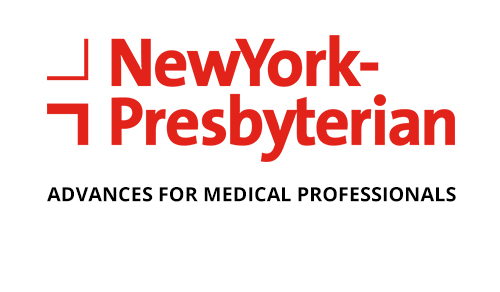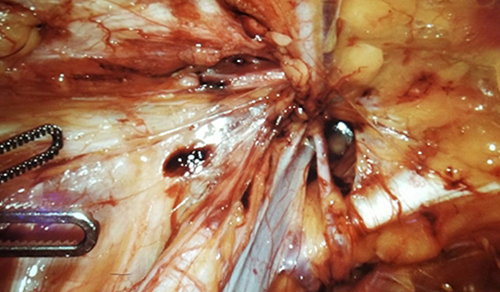Research Highlights: Targeting Challenges in Digestive Disease
Each and every day, NewYork-Presbyterian researchers and clinician-scientists are advancing knowledge in virtually every medical specialty. At Weill Cornell Medicine and Columbia University Vagelos College of Physicians and Surgeons, faculty are targeting some of today’s most formidable health challenges, pushing scientific discoveries forward and applying research breakthroughs to improving the lives of patients everywhere. In this issue of Advances, we share several of our recent investigations in digestive disease.
New Clinical Trial for Borderline Resectable Pancreatic Cancer
Pancreatic cancer is the third most common cause of cancer-related death in the U.S. In some cases, surgical removal of the pancreas is considered the only chance for cure, but many patients are not able to have surgery due to involvement of nearby blood vessels. Even after surgery some patients will redevelop cancer due to the growth and spreading of cancer cells both at the operative stage and once removed.
The primary goal of the study is to see whether adding radiation therapy to an intensive chemotherapy regimen will improve the survival rate of patients with borderline resectable pancreatic cancer.
The Pancreas Center at NewYork-Presbyterian/Columbia University Irving Medical Center has partnered with the Alliance for Clinical Trials in Oncology, a national cooperative clinical trials group, in a new pre-operation clinical trial—Preoperative extended chemotherapy vs. chemotherapy plus hypofractionated radiation therapy for borderline resectable adenocarcinoma of the head of the pancreas.
National cooperative groups like the Alliance for Clinical Trials in Oncology develop and conduct clinical trials with promising new cancer therapies and utilize the best science to develop ideal treatment and prevention strategies for cancer, as well as research methods to lessen side effects.
Michael D. Kluger, MD, MPH, Medical Director of Surgical Oncology, and David P. Horowitz, MD, Department of Radiation Oncology, serve as site investigators at Columbia. The primary goal of the study is to see whether adding radiation therapy to an intensive chemotherapy regimen will improve the survival rate of patients with borderline resectable pancreatic cancer. While on the study, patients are randomized to receive one of two neoadjuvant chemotherapies (one arm has the addition of radiation) before intended surgical resection.
In previous studies at the Pancreas Center and elsewhere, investigators have seen positive outcomes when patients receive intensive chemotherapy prior to surgery. Their hope is that this study will benefit patients and provide new and improved options for anyone with pancreatic cancer.
Related Publications

Introducing the Interstitium: A New Anatomical Structure

Allergic Airway Diseases Affected by Fungal Community Imbalance







